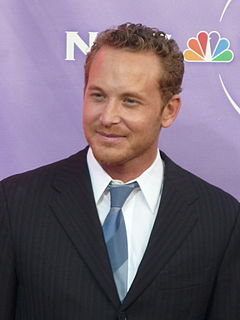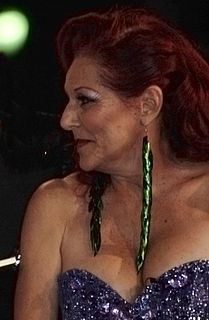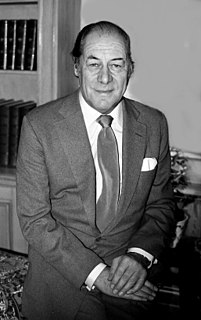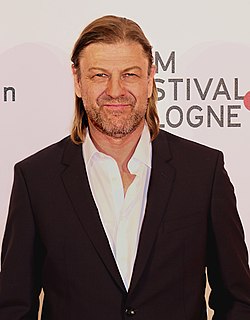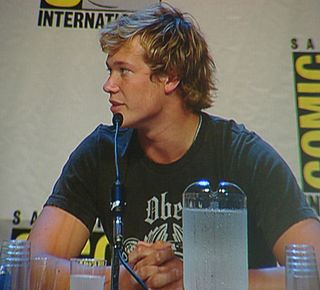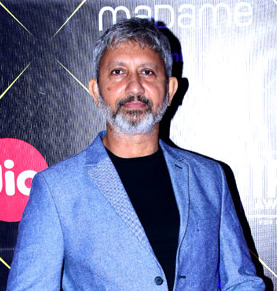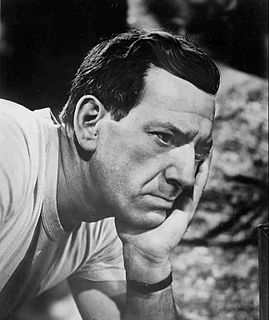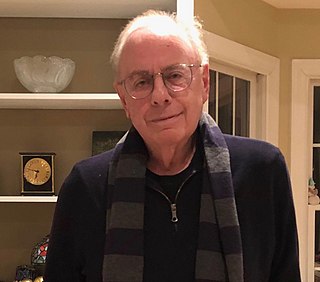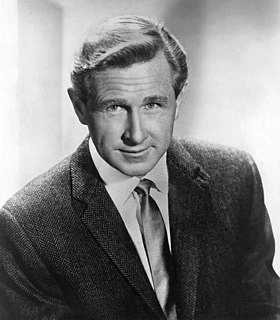A Quote by Cole Hauser
My belief is that if I can achieve that level of entertainment by making the audience happy or sad or angry, then I have succeeded as an actor and have done my job. The profits and the fame as an actor will eventually surface, but first and foremost comes the work as an actor.
Related Quotes
Acting is bad acting if the actor himself gets emotional in the act of making the audience cry. The object is to make the audience cry, but not cry yourself. The emotion has to be inside the actor, not outside. If you stand there weeping and wailing, all your emotions will go down your shirt and nothing will go out to your audience. Audience control is really about the actor
The only tool we have as artists is selectivity. If you're a painter, you select the color, the lines, how severe they should be. As an actor you develop how angry you should be. You select how angry you should be. You listen to the other actor and then you react. In film, sometimes the other actor isn't even there. You have to play the scene. What I do is I call on my experience on the stage. I play the scene and I hope that I reach a certain level of integrity because that's what I learned on the stage.
My story about becoming an actor is a completely non-romantic one. I became an actor because my parents were actors, and it seemed like a very... I knew I was going to act all my life, but I didn't know that I was going to be a professional actor. I thought I was just going to work as an actor every now and then.
